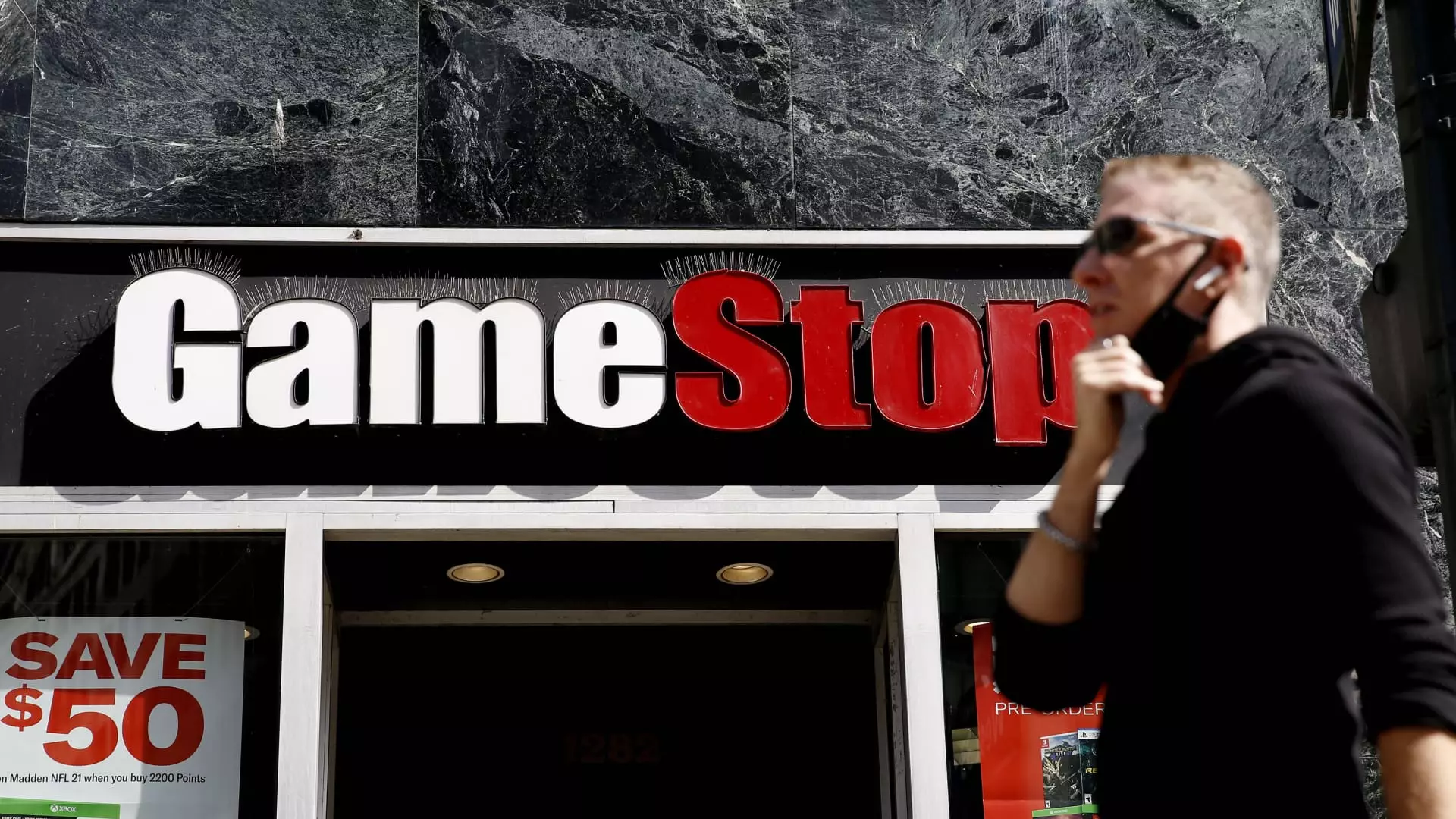The world of investing was turned upside down in early 2021 when Keith Gill, famously known as “Roaring Kitty” or “DeepF——Value,” inspired a massive short squeeze on GameStop. Gill, a former marketer, captivated an army of day traders on Reddit who rallied behind him to drive up the price of GameStop shares and call options. This unprecedented “meme stock” frenzy saw individual investors taking on established hedge funds, forcing them to cover their short positions and leading to astronomical gains in GameStop’s stock price. The saga reached its peak when GameStop shares soared to over $120 from just $3 in a matter of months.
Market Turmoil and Legal Battles
The GameStop mania not only shook up the stock market but also resulted in significant consequences for various players involved. Hedge fund Melvin Capital, a major short seller of GameStop, faced substantial losses and required financial support from Citadel and Point72 to stay afloat. As retail traders on platforms like Robinhood pushed back against trading restrictions imposed during the frenzy, lawsuits and regulatory scrutiny followed. Gill himself faced accusations of posing as a novice trader despite his professional background, leading to legal challenges and a series of Congressional hearings on retail trading practices.
Post-Frenzy Realities
While GameStop’s stock price saw a resurgence recently, climbing 57% in May, the company’s underlying business fundamentals painted a different picture. The video game retailer reported lower revenue and announced job cuts in an effort to streamline operations and reduce costs. Despite the temporary hype created by the short squeeze, GameStop continues to face stiff competition from e-commerce rivals in the gaming industry. The stock’s recent performance may have reignited interest from Gill and other investors, but the long-term viability of GameStop remains uncertain.
The GameStop saga from Roaring Kitty’s rise to the release of the movie “Dumb Money” has left a lasting impact on the financial markets. The events of 2021 highlighted the power of retail traders to challenge established institutions and drive significant market volatility. While the story of GameStop may have faded from the headlines, the lessons learned from this extraordinary chapter in investing history will continue to resonate for years to come.

